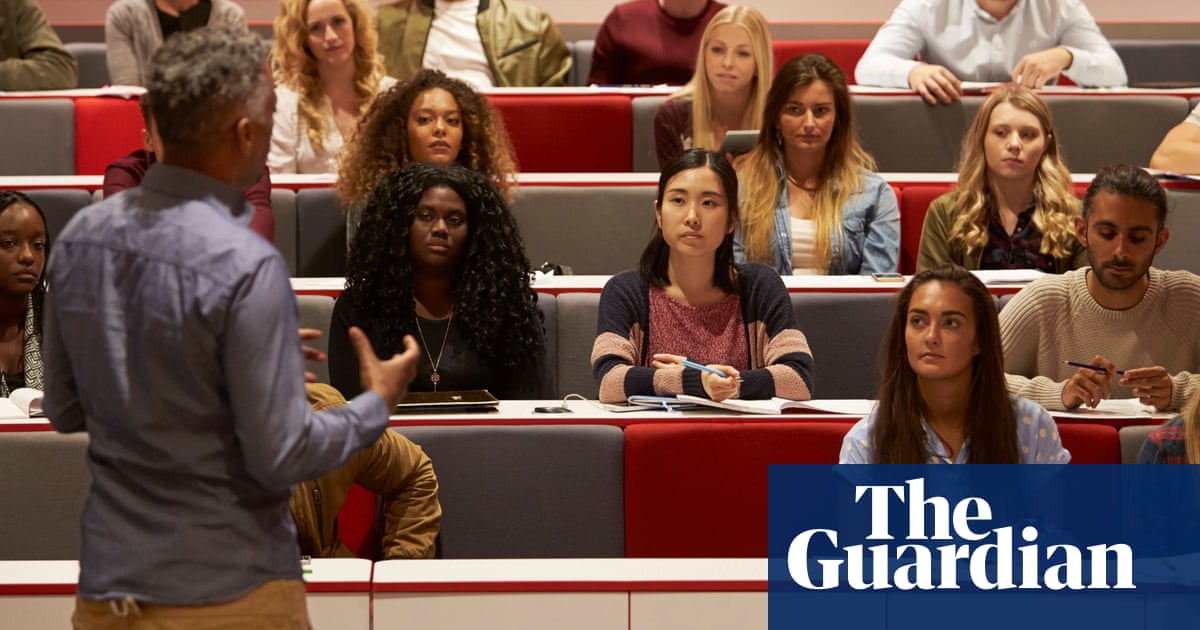Two cheers for the Office for Students for supporting universities’ role in defending legal dissent (English universities barred from enforcing blanket bans on student protests, 18 June). I would go further. All places of study should offer dialogue spaces so that shared deliberation becomes a core component of the educational experience. Students should be equipped with three skill sets for living in a polarised and disinformed culture.
First: critical thinking – to evaluate ideas dispassionately, to deconstruct rhetoric and to expose how biases can deform thought. Second: dialogic engagement – to experience the value of listening to, and learning from, others who see the world differently. And third: constructive disagreement – to inquire into the life experiences and cultural factors that lead people to hold contrary positions.
Participating in such deliberative environments would equip people to challenge ideologically motivated reasoning and elevate free speech into something more socially useful than the mere amplification of unquestioned received opinions.Simon KeyesFormer professor of reconciliation and peacebuilding, University of Winchester
Have an opinion on anything you’ve read in the Guardian today? Pleaseemailus your letter and it will be considered for publication in ourletterssection.
